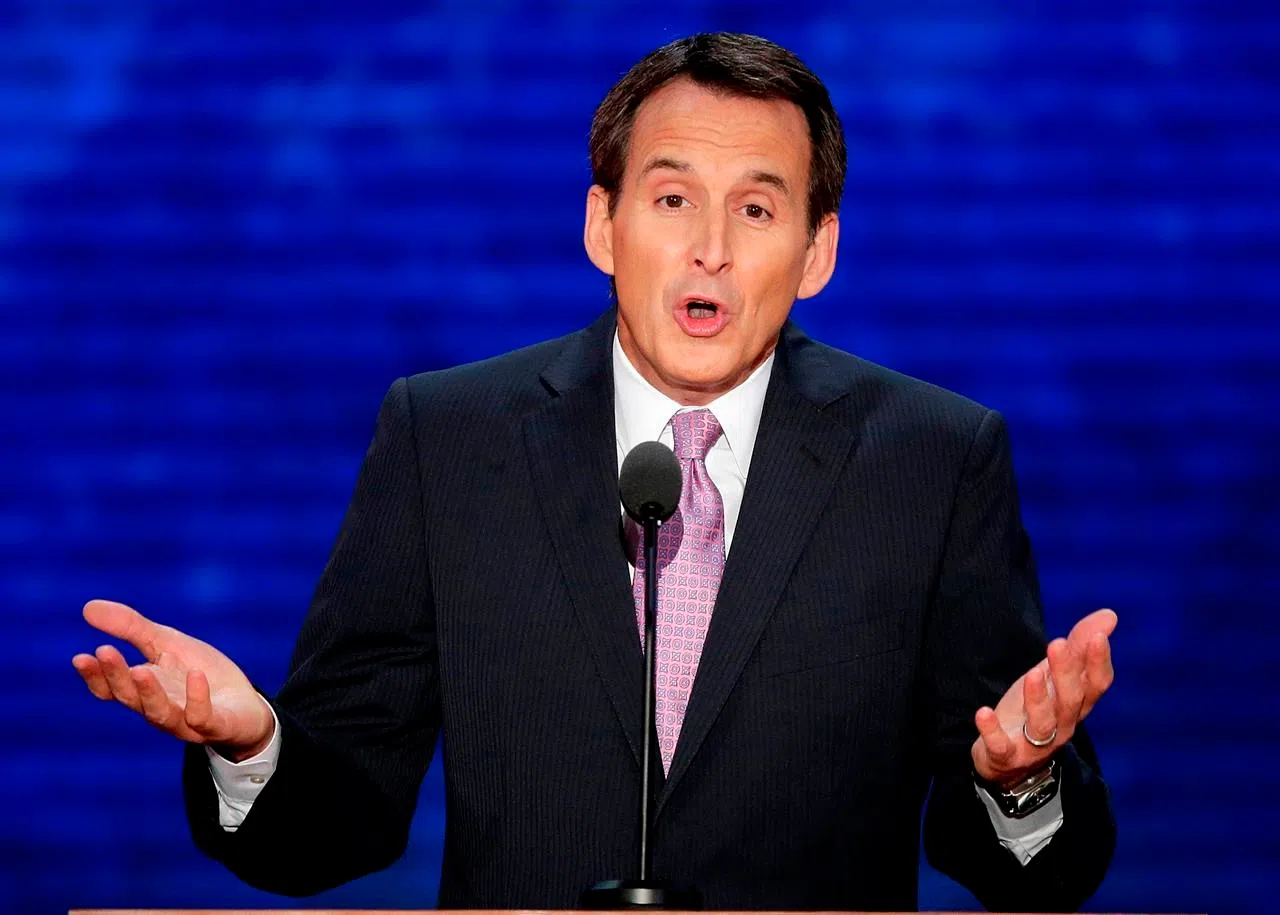
Minnesota’s Pawlenty seeks return to governor’s mansion
ST. PAUL, Minn. — Former Minnesota Gov. Tim Pawlenty announced Thursday he will run for his old job, ending months of speculation about a return to politics following his short-lived 2012 presidential campaign.
The two-term Republican governor had been inching toward a run for months, quitting his Washington lobbying job and filing a campaign committee so he could begin fundraising. His entry blows up a crowded group of candidates that has struggled to raise money, and may entice spending by national conservative groups eager to win in a left-leaning state.
Pawlenty joined the race via a 2-minute campaign video that featured the sweater-clad, salt-and-pepper-haired politician speaking to the camera in a living room. He made only one reference to his eight years as governor, instead going heavy on such conservative issues as expanding vocational schools, cracking down on ineligible enrollees in the state’s public health care programs and cutting taxes on Social Security income.
Pawlenty was treated as the presumptive GOP front runner by both parties well before Thursday. His shadow kept big-money donors on the sidelines for months, making it difficult for Republicans already in the race to build their campaigns. And Democrat-allied groups started to attack Pawlenty while he was still publicly flirting with a bid.


